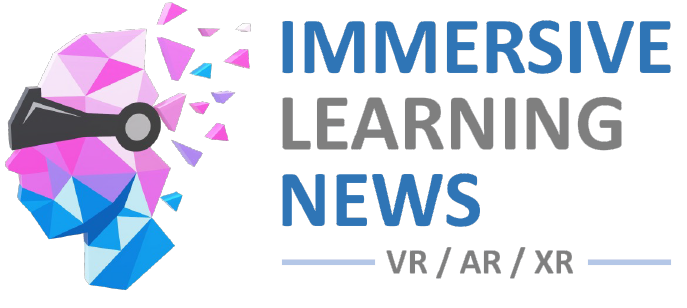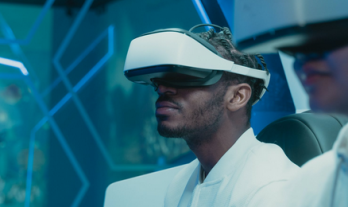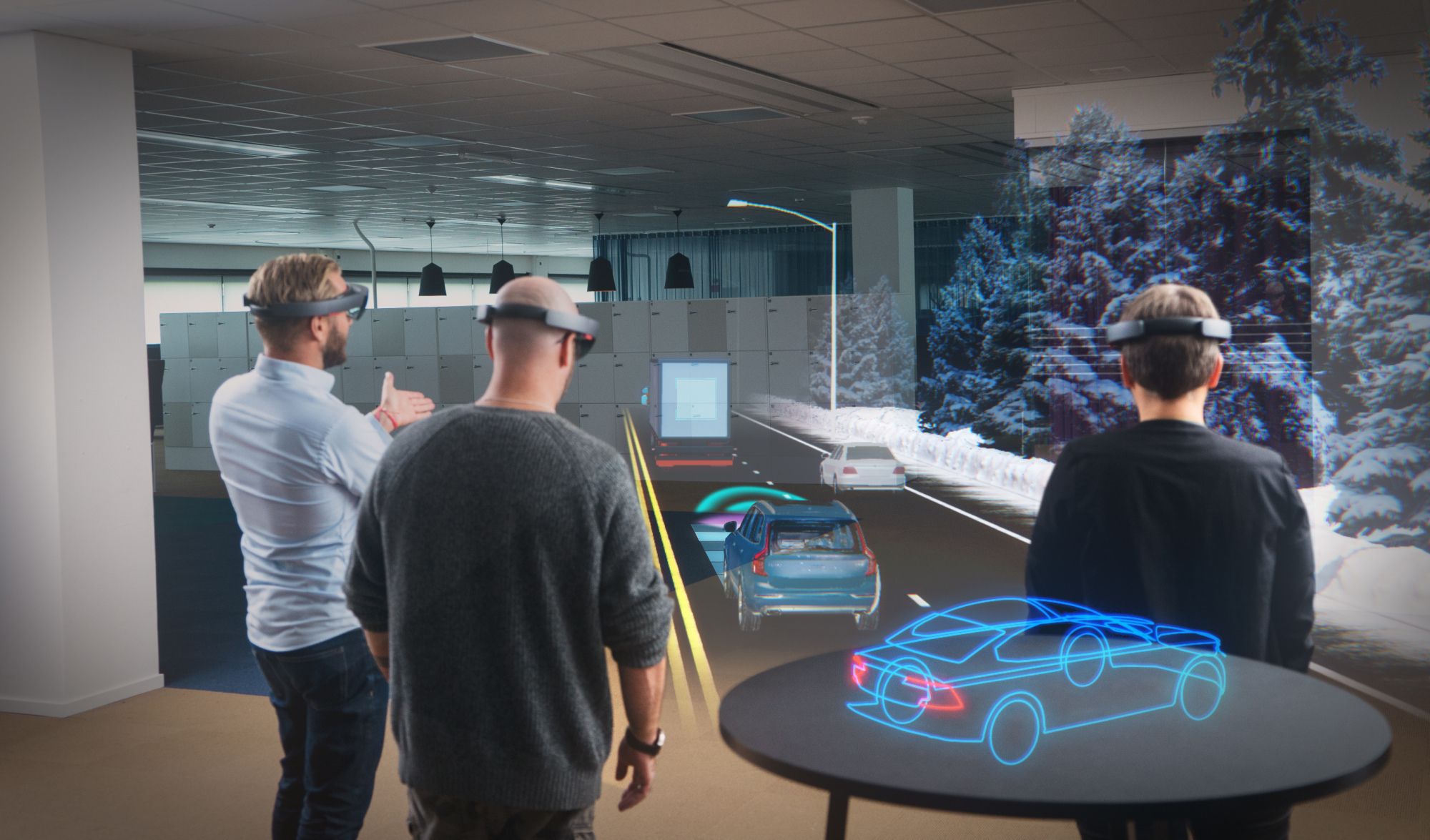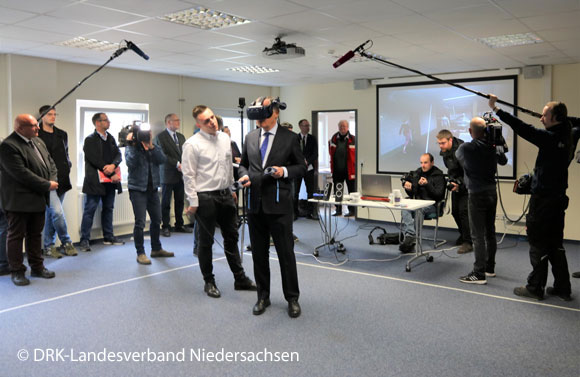esearch has shown empathy gives healthcare workers the ability to provide appropriate supports and make fewer mistakes. This helps increase patient satisfaction and enhance patient outcomes, resulting in better overall care.
In an upcoming issue of the Journal of Medical Imaging and Radiation Sciences, published by Elsevier, multidisciplinary clinicians and researchers from Dalhousie University performed an integrative review to synthesize the findings regarding virtual reality (VR) as a pedagogical tool for eliciting empathetic behavior in medical radiation technologists (MRTs).
Related Stories
- Study underscores the importance of health insurance coverage continuity in the U.S.
- Employment for frontline healthcare workers should be conditional on COVID-19 jab, argue ethicists
- Survey: CDC’s opioid prescribing guideline for pain treatment should be revoked
Informally, empathy is often described as the capacity to put oneself in the shoes of another. Empathy is essential to patient-centered care and crucial to the development of therapeutic relationships between carers (healthcare providers, healthcare students, and informal caregivers such as parents, spouses, friends, family, clergy, social workers, and fellow patients) and care recipients. Currently, there is a need for the development of effective tools and approaches that are standardizable, low-risk, safe-to-fail, easily repeatable, and could assist in eliciting empathetic behavior.
This research synthesis looked at studies investigating VR experiences that ranged from a single eight-minute session to sessions lasting 20-25 minutes in duration delivered on two separate days, both in immersive VR environments where participants assumed the role of a care recipient, and non-immersive VR environments where the participants assumed the role of a care provider in a simulated care setting.
The two types of studies helped researchers gain an understanding of what it is like to have a specific disease or need and to practice interacting with virtual care recipients.
Although the studies we looked at don’t definitively show VR can help sustain empathy behaviors over time, there is a lot of promise for research and future applications in this area.“
Megan Brydon, MSc, BHSc, RTNM, Study Lead Author, IWK Health Center
Quelle:



